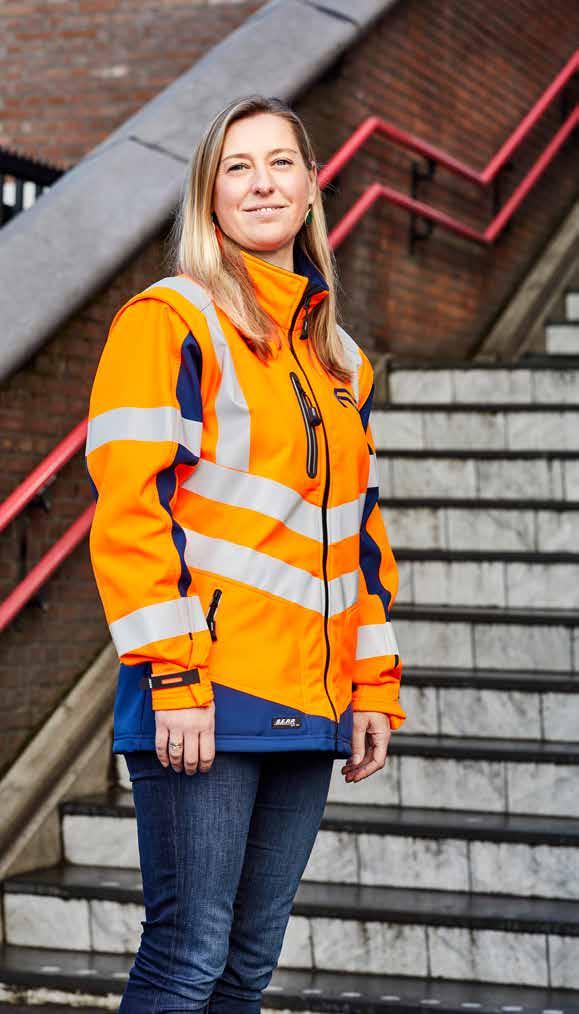
2 minute read
Social Impact
Socialdebt gives young people breathing space to solve problem debt
Born and raised in Rotterdam, Jamal has deep roots in the community. A software developer by training, he feels highly driven to tackle social and societal challenges. “I really enjoy using technology to make things accessible, simpler and comprehensible. Socialdebt grew out of personal hardships that I managed to solve by turning to the community I grew up in. At the same time, it became clear to me that many young people in lower social income groups don’t have the resources, don’t know what to do or don’t realize this problem isn’t just practical but, in 40% of cases, also genetic.” According to Jamal, the Dutch ‘fix’ for this debt problem is in fact the biggest culprit, because piling on more fees, penalties and supervision doesn’t address the underlying issue. This inspired him to go to the technological drawing board to come up with his own solution. And so the Socialdebt foundation was born.
Advertisement
LOCAL COLLECTION PLATFORM
The core of Socialdebt is fintech. “Socialdebt’s target group is young people aged 18 to 27. Our research phase concluded that this age category is often poorly understood by agencies, yet they’re the ones in real need of extra guidance. We operate on a Scandinavian model. Like governments in those countries, we assume the debts and offer young people a dynamic plan to repay them over a period of 12 to 24 months, with amounts adjusted according to what they can pay any given month.” To take charge of all the facets involved, Socialdebt’s team includes behavioural scientists, tech experts, debt collection specialists and legal professionals.
Jamal Oulel knows from personal experience how tough it can be to get help paying off overdue bills and debt. No matter where he went, he got turned away: either his debts were too small or his income too low. When he decided to explore the issue, he discovered that young people are particularly at risk of spiralling into debt. A seed was planted and, a year and a half ago, Socialdebt was born. Recently, Jamal wrapped up a successful first pilot.
BEHAVIOUR CHANGE
The plan is to scale up their pilot from ten to a hundred participants starting in September. “We want to become a specialist for young people and are already working with a variety of social services that are in direct contact with them. Multiple studies show that you can’t change behaviour until you gain a certain level of financial stability. Socialdebt solves this primary problem so people can allow themselves to work with their counsellors. We’re still seeking lots of partners who work with youth, including schools, employers and social services. Let’s get this going and grow it together!”









